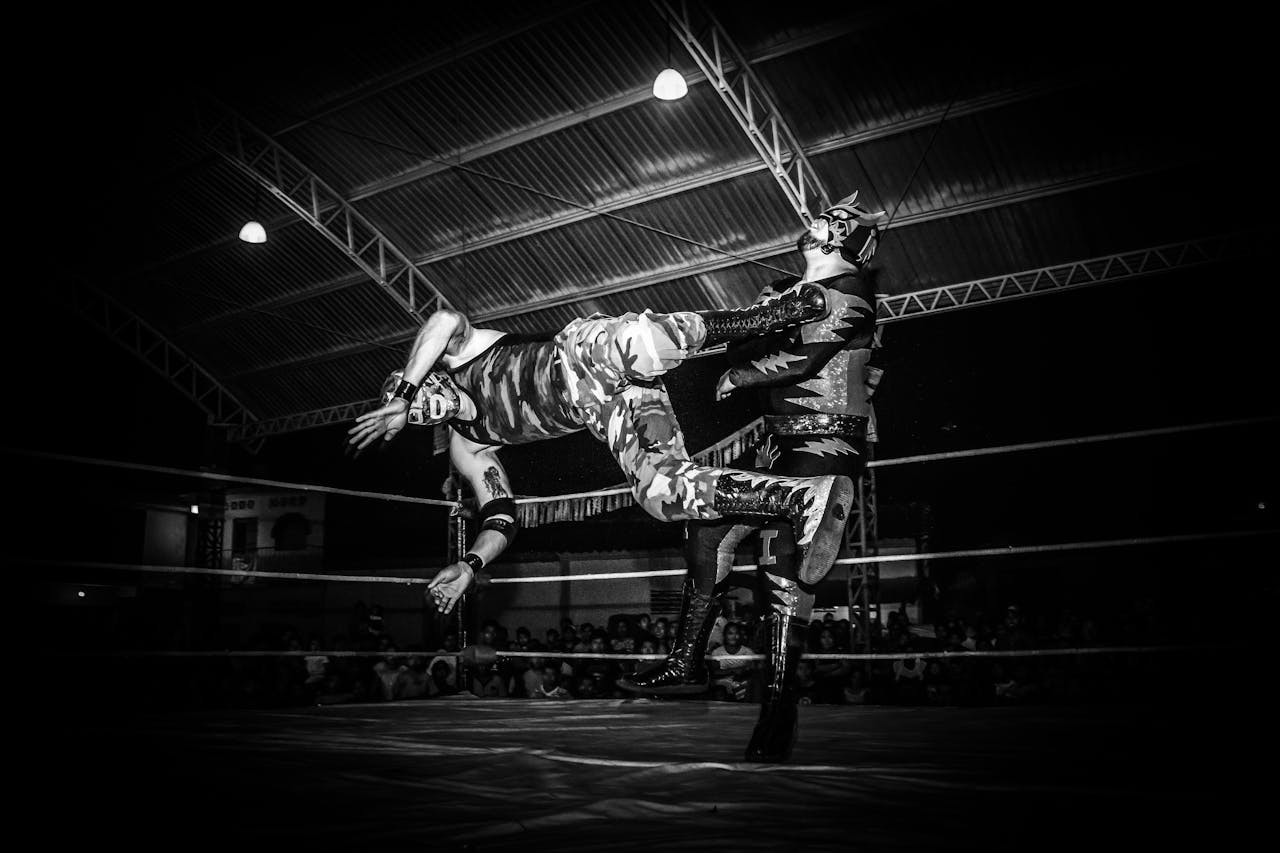Jurassic World: Die Wiedergeburt – underrated oder ein weiterer Dino-Abklatsch des Klassikers?
Artikel mit Tag "Review"
Seit Anfang Mai 2025 gibt es einen neuen Papst, Leo XIV. Da ist es nur passend, dass Ende letzten Jahres ein Film über eine Papstwahl rausgekommen ist.
Ein Konklave ist immer ein besonderes Event. Nachdem Tod oder dem Rücktritt eines Papstes kommen alle Kardinäle unter 80 Jahren zusammen und wählen in einem sehr klar koordinierten und ritualisierten Verfahren aus ihren eigenen Reihen einen Nachfolger. So beginnt auch die Geschichte des Filmes mit dem Tod eines Papstes. Dabei treffen wir auf unseren Hauptcharakter Kardinal Lawrence (Ralph Fiennes), der nach dem Tod des Papstes zu dessen Wohnung in den Vatikan gerufen wird, um der Zeremonie zum Feststellen des Todes beizuwohnen. Dem verstorbenen Papst wird drei Mal leicht auf die Stirn mit einem Hammer geklopft, wenn er nicht reagiert, wird sein Siegelring genommen und zerstört. So soll verhindert werden, dass dieser noch nach dem Tod des Heiligen Vaters benutzt wird.
Der Film gibt sich hierbei die größte Mühe, so akkurat wie möglich zu sein. Vom SetDesign bis zu den Ritualen und Handlungen ist alles sehr nahe an dem dran, was wir über diese ganze Prozedur wissen. Lawrence bekommt hier in den Gemächern des Vatikans auch die Nachricht, dass er das nächste Konklave leiten soll. Die Aufgabe nimmt er sehr ernst und er macht sich an die Arbeit, sie zu erfüllen. Der Film macht hier einen Zeitsprung von zwei Wochen und überspringt die Beisetzung des verstorbenen Vertreter Christi. Wir stehen kurz vor dem Konklave und kriegen die Kardinäle vorgestellt: Kardinal Bellini (Stanley Tucci), ein liberaler Mann und Vertrauter des letzten Papstes, Kardinal Tremblay (John Lithgow), einer der Favoriten und ein verschlagener und geheimnisvoller Typ, Kardinal Tedesco (Sergio Castellitto), ein erzkonservativer Radikaler und Kardinal Adeyemi (Lucian Msamati) aus Nigeria, der ebenfalls äußerst konservative Ansichten hat.
Alles scheint bereit zu sein für einen Kampf um den heiligen Stuhl; unterschiedliche Weltansichten und Vorstellungen vom Glauben kollidieren hier. Doch dann trifft jemand unerwartetes ein, ein neuer Kardinal, den noch niemand kennt. Kardinal Benitez aus Mexiko (Carlos Diehz) wurde kurz vor dem Tod des Papstes von ihm ernannt, aber nicht öffentlich verkündigt. Der Grund dafür ist das Gebiet, über das er den Bischofssitz bekommen hat: Kabul Afghanistan. Nach der anfänglichen Verwirrung um die Rechtmäßigkeit wird von Lawrence entschieden, dass er am Konklave teilnehmen darf.
Und so beginnt der Film und eine Reihe von Intrigen, Machtspielen und Affären. Wem kann Lawrence vertrauen? Wer wird der nächste Papst? Was hat es mit dem geheimnisvollen Kardinal aus Kabul auf sich? Der Film bietet für Dramafans alles, was man sich nur wünschen kann. Die Spannung ist im gesamten Film zu spüren und von den Dialogen bis hin zum Screenplay kommt alles in diesem Film authentisch und stimmig rüber. Nicht umsonst bekam der Film den Oscar für das beste adaptierte Drehbuch. Auch die realistische Darstellung im Film ist nahezu perfekt. So wurde dieser Film vor dem echten Konklave im Mai 2025 einigen der Kardinäle empfohlen, um sich mit der Prozedur vertraut zu machen. Der verstorbene Papst Franziskus hatte nämlich viele neue Kardinäle während seiner Amtszeit ernannt, diese hatten also wiederum keine Erfahrung wie ein Konklave genau abläuft. Man sieht also, der Film ist wirklich in die Vollen gegangen, um dieses Drama so nahe wie möglich an der Realität zu halten, zumindest so weit es für ein fiktives Werk möglich ist.
Ich habe für diesen Film nur Lob übrig und bin absolut begeistert. Es gibt von mir also eine „Must Watch“ Empfehlung. Übrigens nicht nur für Kardinäle war der Film ein absoluter Hit im Mai, bei Amazon und anderen Streaming Anbietern war der Film rund um das Konklave einer der beliebtesten auf den Plattformen. Sogar im Kino gab es nochmal ein paar Zusatzvorstellungen wegen der plötzlichen hohen Nachfrage.
Wenn Ihr also Amazon Prime habt, gönnt Euch diesen Film unbedingt.
:Steven Schöpper
Zwei Abende voller Überraschungen
Eintauchen in kuriose Geschichte
Zuhälterei, Zwangsprostitution und falsche Versprechungen. Wie aus der unschuldigen Ganga Gangubai wurde.
Seit dem 22. April ist die neuste Produktion von National Geographic auf Disney+ streambar. Warum sie mehr ist als eine Naturdokumentation.
Android/Mother zeigt große Emotionen, fällt jedoch in vielen Punkten durch. Warum das postapokalyptische Thriller-Drama trotz guten Schauspiels für mich nicht funktioniert.
Filmreview. Seit dem 3. Juni ist der Zweiteiler Pretty Guardian Sailor Moon Eternal: The Movie auf Netflix abrufbar.
She-Ra. Am 15. Mai erschien die letzte Staffel von She-Ra and the Princesses of Power, dem Remake des Klassikers aus den 80ern. Der verdiente Abschluss einer großartigen Serie.
Rezension. Die vierköpfige Pop-Punk Band ist mittlerweile schon legendär in der Szene – und versüßt Fans nach drei Jahren Wartezeit nun die Kontaktsperre mit ihrem neuen Album.






